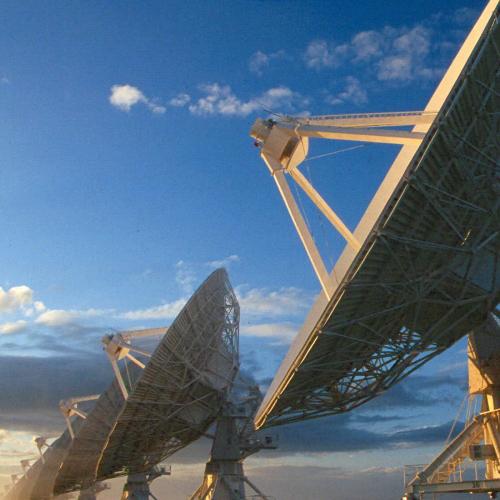Openings at ME
PhD position in Radar Multi-Sensors Imaging for Automotive Applications
Opening for: PhD studentStatus details
| Status: | Closed |
|---|---|
| Announced: | 30 May 2022 |
| Closing date: | 31 Jul 2022 |
We have the ambition to design and validate innovative methods to image the environment around a car using radars. Due to lower resolutions, radar images are intrinsically different from lidar or optical images. An increase in the image resolution could be achieved via the fusion of the data coming from multiple radar sensors.
Such fusion is associated with a number of research questions like radar units synchronization, a combination of mono-static and bi-static imaging modalities as well as resolving mutual interference issues.
You will work on the joint project between NXP and TUD DIRAc (Distributed High-Resolution Automotive Radar for Autonomous and Secure Mobility ). You will investigate automotive radar networks and develop innovative signal processing and imaging algorithms. You will also be responsible for
- Experimentally verifying methods developed with short-range radars;
- Preparing and writing all project deliverables within the project;
Presenting research results at conferences and in journals.
You will work in the Microwave Sensing Signals and Systems (MS3) research group at the Department of Microelectronics (see radar.tudelft.nl). The group has extensive research facilities and track record on the full pipeline of microwave and radar sensing, from hardware development to radar signal processing and methods for automatic object classification.
The department Microelectronics (ME) focuses on microelectronics, microfabrication, signal processing, radar, and microwave systems. The research is clustered into three main themes: Health and Well-Being, Next-Generation Communication and Sensing, and Autonomous Sensor Systems. The department's activities are highly multi-disciplinary, involving innovative combinations of device physics, material science, and chemistry, on the one hand, with signal processing, circuit, and system design, on the other. They are also multidisciplinary about their scope of applications, as they play a crucial role in nearly all fields of innovation, ranging from advanced health care to telecommunications and smart grids.
Requirements
To be considered for the position you will have:
- A Master's degree in a relevant field, i.e. electrical/electronic engineering, computer science, physics, mathematics.
- Demonstrable knowledge and interest in radar signal processing and sensor fusion.
- Demonstrable knowledge and interest in imaging methods.
- Programming experience in MATLAB/Python or C/C++, preferably combined with experience in working with actual radar systems and data.
- Strong communication skills in both written and oral English
- A curiosity-driven mindset and a passion for (doing) research
- An open personality for cooperation with colleagues and co-supervision of students
- Good English language skills in order to closely cooperate with colleagues and students as well as write project documents.
European (EU) nationality is an advantage.
If you would like more technical information about this vacancy, please contact Prof Alexander Yarovoy (A.Yarovoy@tudelft.nl).
If you would like more information about the selection procedure, please contact vacancies-eemcs@tudelft.nl.
Additional information
In The Netherlands, almost all PhD positions are linked to funded research projects. This has several implications:- PhD students are employed: they receive a salary rather than a grant. Most projects have a duration of 4 years.
- Positions become available once a project is funded. This can happen at any time during the year.
- It typically takes 6 to 9 months for a project proposal to receive funding. In this period, a position may be anticipated but the outcome remains insecure. Once a project is funded, the open position needs to be filled as soon as possible.
If you are interested in our research, it merits to inquire whether openings will be available. We collect resumes of prospective PhD students throughout the year, for each of our research tracks.
General requirements
We make our selection based on the following general requirements:- Formal requirements regarding prior education: you should have earned an MSc degree at a recognized institute for higher education.
- Background: you should have a background that fits the requirements of the project
- Excellence: your Grade-Point-Average should be above 8 (10). Also your MSc thesis should have received a grade above 8 (10).
- English: you should be able to communicate well in english (written and oral). Provide TOEFL/IELTS scores if available.
- Originality: your MSc thesis or later work (publications) should reflect some original ideas. Critical and independent thinking is very important.
- Team player: you should be able to work well in a team of other project members.
